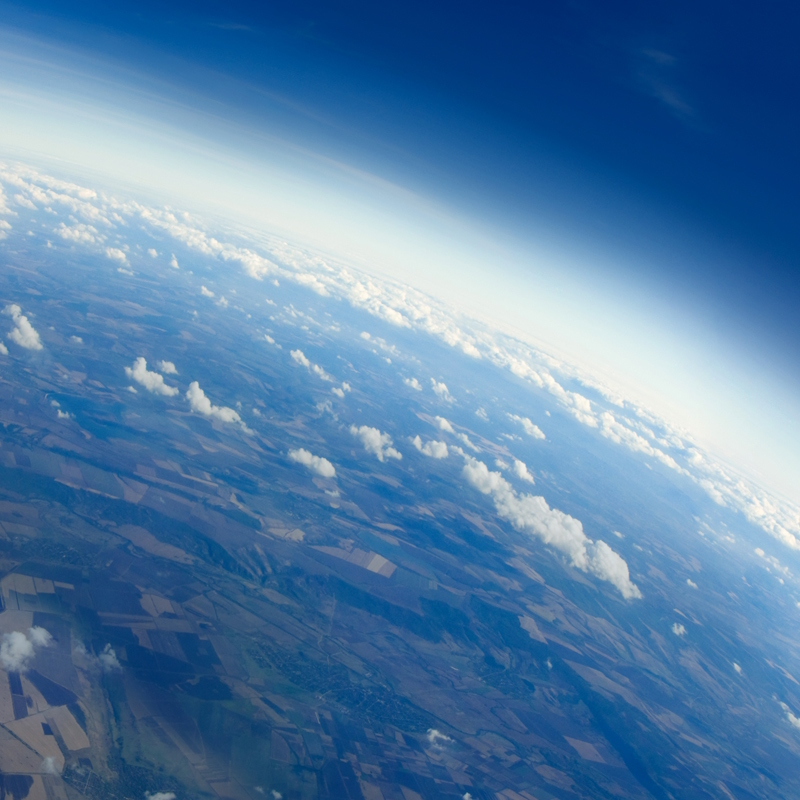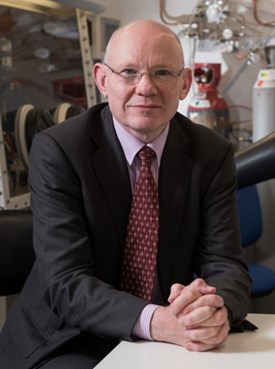The independent Rapid Assistance in Modelling the Pandemic (RAMP) initiative was established with the aim of mobilising the UK’s wider scientific modelling community to assist the work of the pandemic modelling community in its response to key questions for COVID-19 policymaking.

Good scientific advice is essential to good decisions being made by politicians. That has never been clearer than in the global response to the COVID-19 pandemic and there is more the community can do to support ongoing efforts. The independent Rapid Assistance in Modelling the Pandemic (RAMP) initiative was established with the aim of mobilising the UK’s wider scientific modelling community to assist the work of the pandemic modelling community in its response to key questions for COVID-19 policymaking.
It was set up with the goal of providing support for existing Scientific Pandemic Influenza Group on Modelling (SPI-M) research groups who feed into the government’s Scientific Advisory Group on Emergencies (SAGE) – these are quite often small academic groups, with teams that have been flat out for months, and extra expert hands here has been hugely welcome!
The science is moving fast here, and RAMP will help make use of new work, particularly from the pre-print literature, to ensure we’re making the most of what’s out there.
RAMP can also identify key areas where more research is needed in the coming months and develop themed groups on these. This is possible given enough volunteers. This effectively can spin up a set of research programmes with a bit of space to develop ideas and a variety of models ahead of policy asks – in short vastly increasing our specialist base for advice.
We started with a call for volunteers and ended up getting around 1800 offers of support from individuals and teams – that set us back a little as we were a bit overwhelmed. We expected the response to largely come from the academic community and while they did respond in huge numbers there were also many offers of assistance from companies, trade bodies and individuals. Around 500 of the offers came from outside the university sector. We had businesses from the energy sector, from finance, engineering firms, retail, travel and tech. We are still working through the offers.
So what have we done so far:
- 70 volunteers have already been paired with existing modelling teams to provide extra support
- A review group is up and running to support SPI-M in triaging the huge amount of new research that is coming out
- We were approached by a cross sector group of actuaries who offered their expertise to assess how different people are affected by COVID-19. That can allow us to gain a better understanding of how the risk of hospitalisation varies for different groups, how big the most at risk groups are and what would be the impact of shielding those groups from the virus
- RAMP has set up a number of new studies to help strengthen the overall modelling effort and will add more as time proceeds
The Turing Institute are leading on building a new social simulation model that would look at how we live our lives – the places we go, the things we do, the people we see – and look at how changes to that could be modelled to assess the impact of COVID-19. That is being led by Professor Mark Birkin who will help to connect epidemic models to transport and urban analytics.
Another crucial area of work is developing a wider range of pandemic models. These models are an important part of planning for managing a pandemic and SAGE published the input of the Imperial model when they announced the lockdown last month. As with any area of science the more you can test something the more robust your conclusions can be and that is why we need a wider range of models – so that we can see how they complement or conflict with each other. The more models we have the more robust our conclusions may become.
What else is in development?
The work programme for RAMP will be evolving to meet the needs for evidence for policy makers. We will be looking at where there may be gaps in the evidence and we will be listening to what gaps in evidence the Government’s advisory committees are identifying and we will see what we can do to help. Some of the areas we are already exploring include:
- Working on more detailed modelling on how aerosols move around buildings and other confined spaces and so spread the virus
- Looking at human dynamics in small spaces – so how we move around supermarkets or on public transport and how that might influence the spread of the virus
- Modelling how the virus affects individuals in different ways – modelling what happens inside different individual’s bodies
- Working with the Isaac Newton Institute to provide pandemic modelling training to modellers who work in different areas to allow them to contribute more effectively in this time of need
- Setting up web-based discussion forums to: filter the ever-growing world literature on pandemic modelling; identify new scientific results that could strongly influence policy making in the UK; subject these to expert scrutiny; and pass the best of them through to the Government’s scientific advisors




